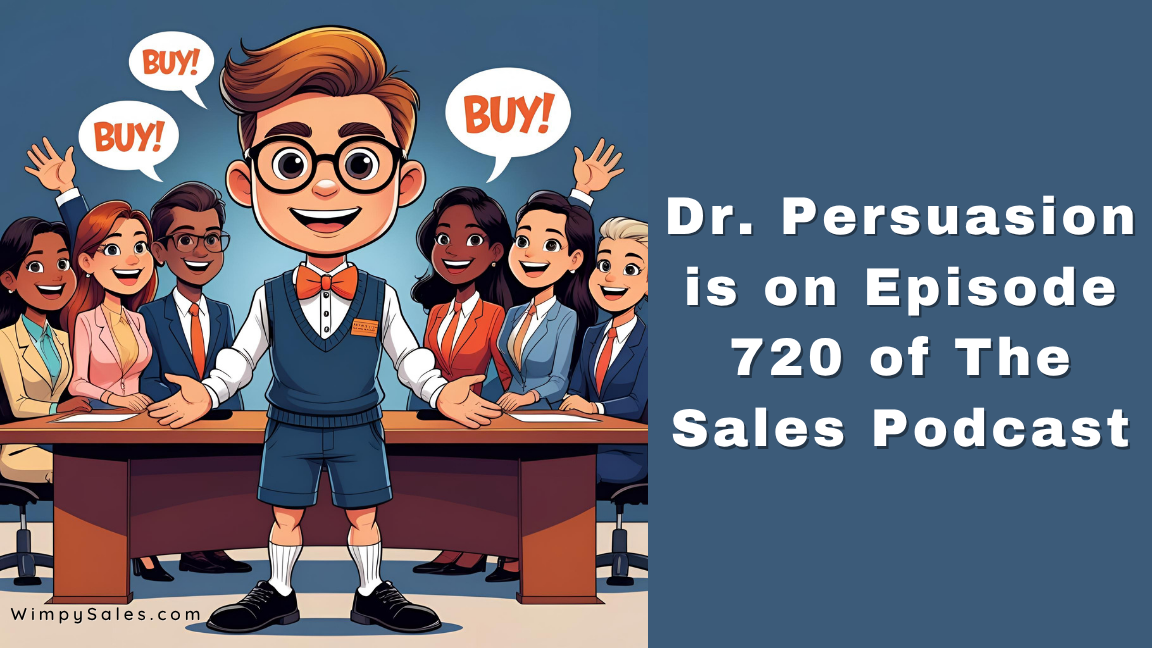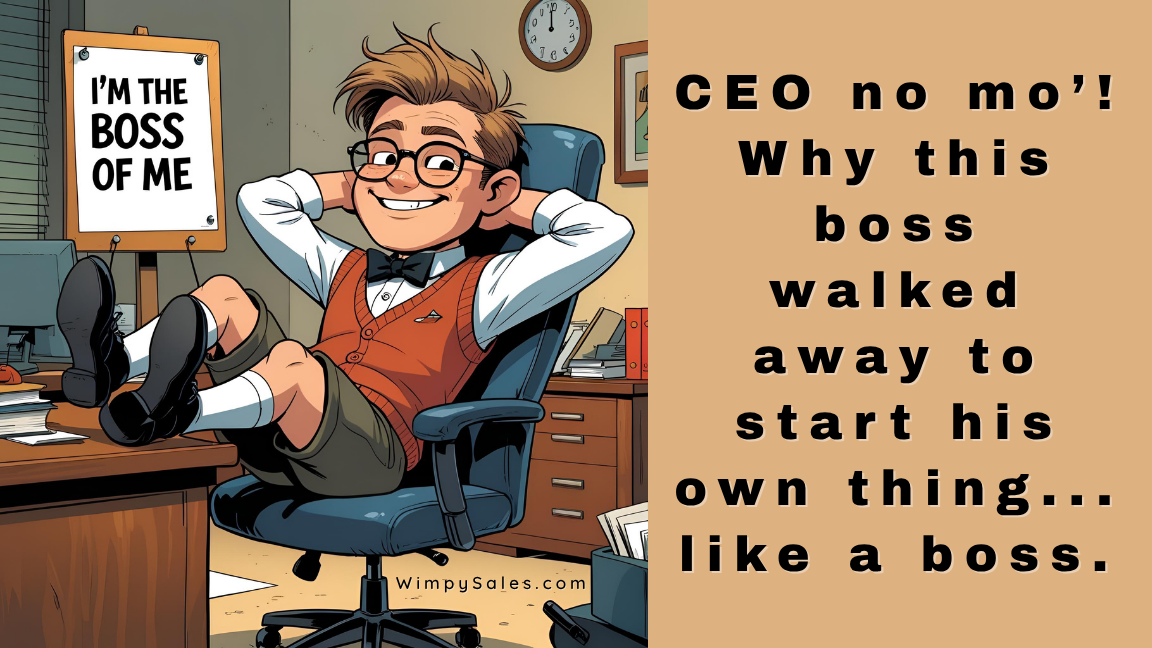
The #2 Problem Facing Salespeople Today

Focus. Focus. Focus.
You will forever be at war with the two-headed monster known as interruption and distraction.
In my "Making Good Money In Bad Times" CD I describe us as living in the Age of Interruption and it is the #1 problem facing America in general, and salespeople specifically, today.
The ever-brilliant—and growing more brillianter daily—Roy Williams, wrote about time and attention being the new currency in his Monday Morning Memo of April 18, 2011.
But just like the hip bone is connected to the thigh bone, so is the #2 problem facing salespeople today related to the #1 problem.
It's easy to get distracted and you welcome interruptions when you don't want to do what it is you're supposed to be doing.
You don't want to do what it is you're supposed to be doing when you know that what you're "supposed" to be doing is at best ineffective and at worst, a complete, total, utter waste of your friggin' time.
 I say "supposed" in quotations because salespeople are truly supposed to be prospecting and closing sales (or opening relationships, but that's a topic for another chapter) instead of regurgitating speeds and feeds and roaming the Earth like a no-brained talking company catalog.
I say "supposed" in quotations because salespeople are truly supposed to be prospecting and closing sales (or opening relationships, but that's a topic for another chapter) instead of regurgitating speeds and feeds and roaming the Earth like a no-brained talking company catalog.
Which leads me to the second biggest problem facing salespeople today, which is the complete, total, utter lack of professional sales *education you receive from your employers who confuse product training with sales education and sales training. (*I prefer the term "sales education" over "sales training" because I think dogs are "trained" while people are educated. It's a small change but words do mean things and small hinges swing big doors, as W. Clement Stone used to say.)
Response from sales manager with head in the clouds:Wes, We're in a technical field.
Competition is stiff.
Our patents and our technology and how we approach and solve the issues our customers face in the marketplace is what differentiates us.
Our customers view us as a trusted resource.
That is why we train all of our new salespeople as soon as they are hired and continue giving them technical training during their entire career.
Our engineering department has developed hours of technical training showing every screw, every connector, every power supply, every capacitor and transistor and flux capacitor we have ever created and we release 12 new hours of technical training a month.
That's why our salespeople are the best trained in the world!
Let me ask you something: how many CEOs, COOs, Directors and people with budget authority at your major accounts know or care about the connectors, power supplies and/or transistors in the gizmos provided by their vendors?
Yes. Yes.
Yes, you can leverage the attention-to-detail aspects of your offering as a key differentiator but your prospects will only take the time to learn more about those nuances AFTER you have gotten their attention in the first place.
You get their attention by speaking to them about what interests them.
What interests them are items, products, services and solutions that bring them joy. You bring your prospects joy directly by enabling them to get what they want, or indirectly by helping them eliminate what they don't want.
We've all heard the saying "Time is money."
Roy Williams drives home that point with "Time and Attention are Currency."
Why Do Human Beings Buy?
People are actually simple in a complicated sorta way in that we all buy to:
- Scratch an itch.
That's the simple part.
The complicated part is that we all have different itches at different times of the day, week, month, quarter, year and lifetime.
And our itches also vary between our professional and our personal lives.
It's the salesperson's job to either give our prospects itching powder or make them painfully aware of the rash they have developed but are either ignoring or haven't noticed, yet.
What Roy instructs advertisers to do today to get their message heard is what I teach salespeople to do and is what Tony Parinello, of "Selling to VITO" fame, outlined in detail when making calls into prospects, which is:
- Get the attention of the prospect. Tony suggests starting off with a pleasantry such as,
- "Mr. Importante, it is a pleasure to finally speak with you."
- I've used that with success and I've also used New School Selling's Steve Clark's opening, "Joe, This is a cold call. May I take 30 seconds of your time to tell you why I'm calling and after that you decide if we continue the conversation or not?"

- There are dozens of ways that are right for you, your industry, your offering and your prospect's title to open a sales call. Master 2-4 that are right for you then move on to the closely related Step 2, which is...
- Speak with impact. When you're prospecting over the phone you're opening line serves both purposes. It will get the attention of the prospect by making an impact. But now you want to make such a powerful impact on the decision maker you've gotten on the phone or with whom you've managed to get in front of that they want to hear more about how you can make their personal and/or professional lives better.
have reached what Alan Weiss calls "conceptual agreement" and David Sandler calls "up-front contracts."
Market like you mean it. Now go sell something.

